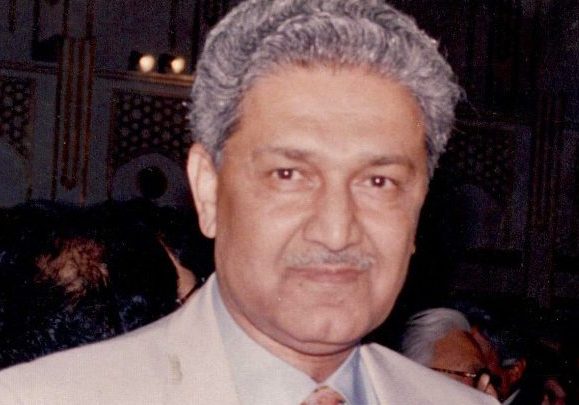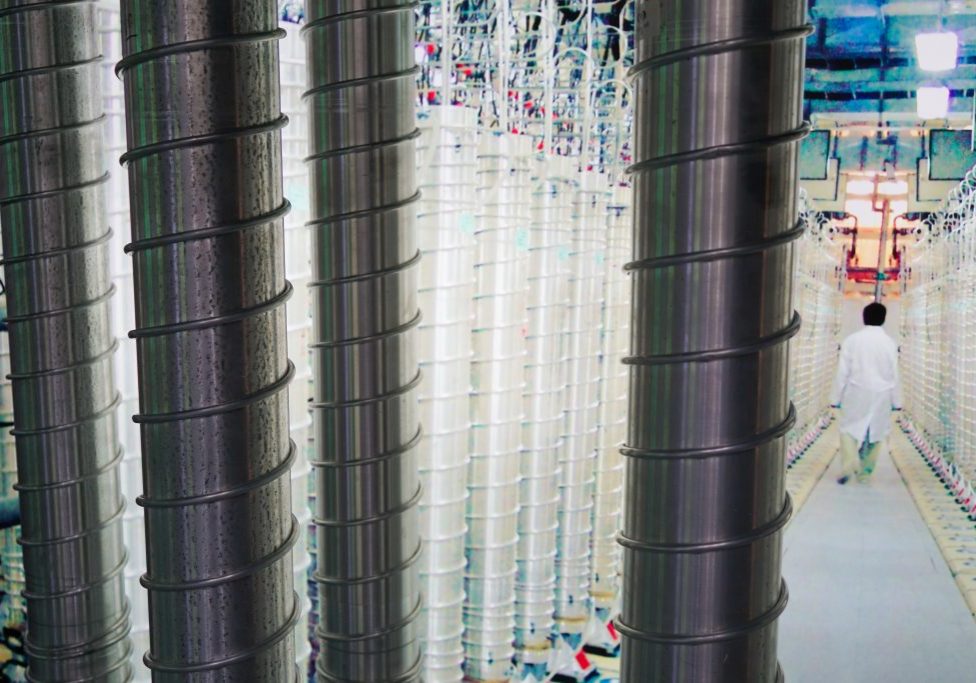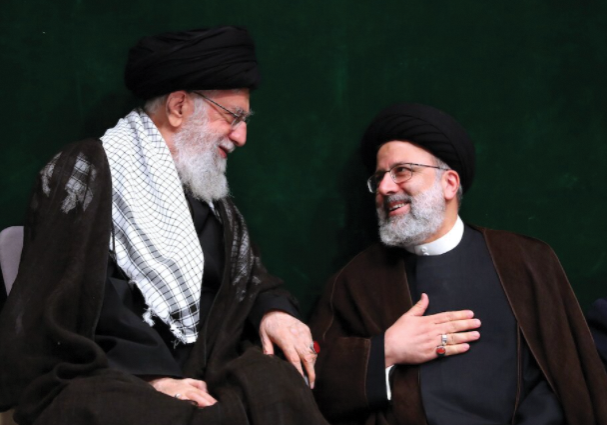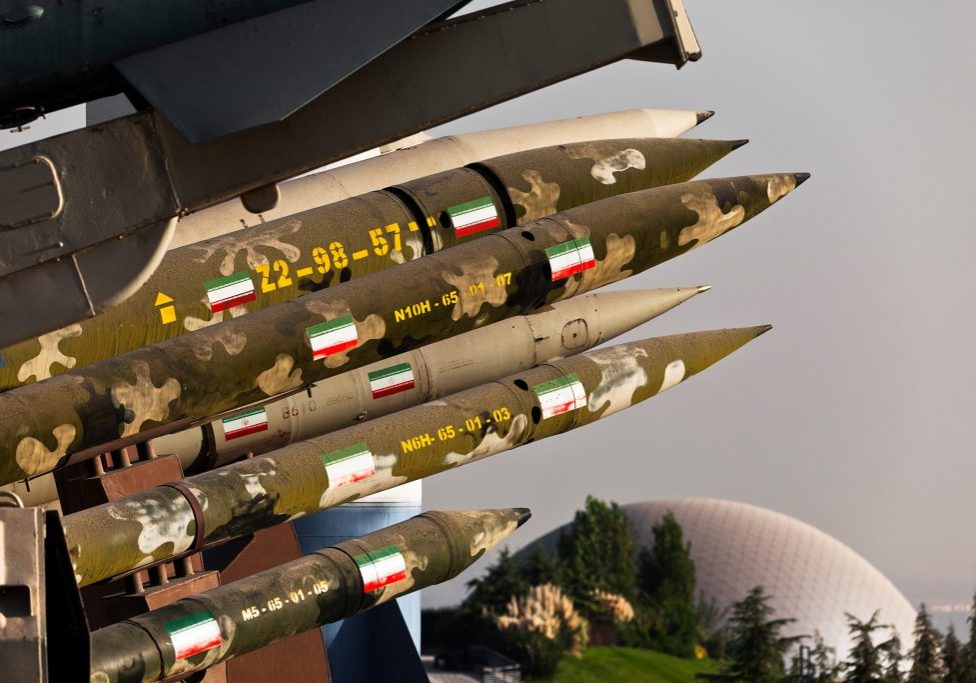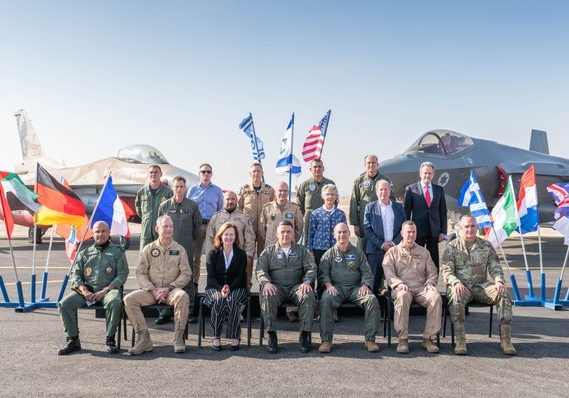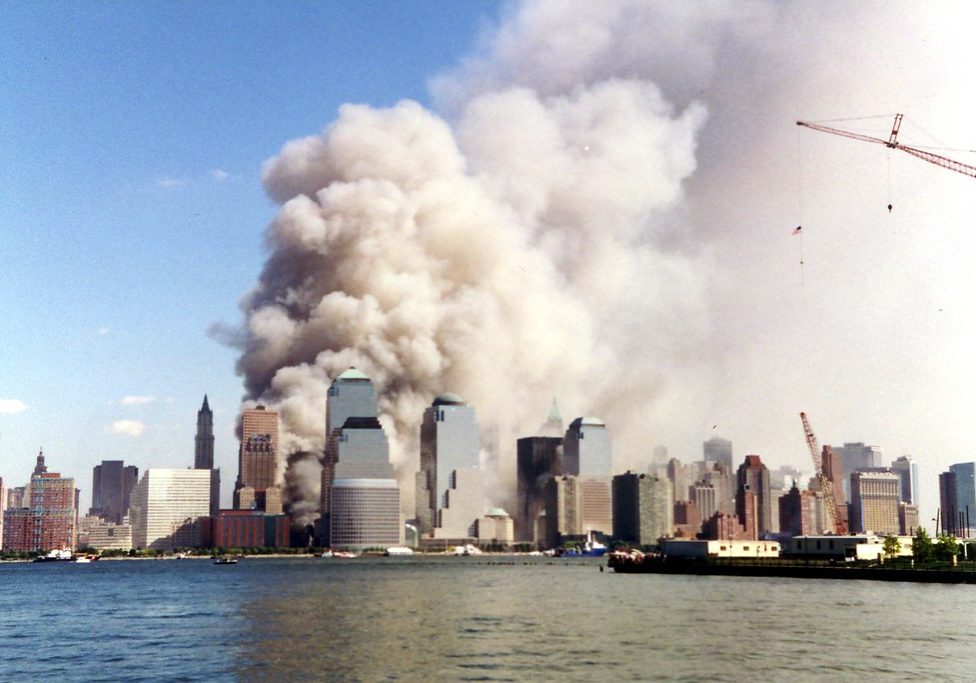Australia/Israel Review
Behind Rouhani’s charm offensive
Oct 29, 2013 | Michael Segall
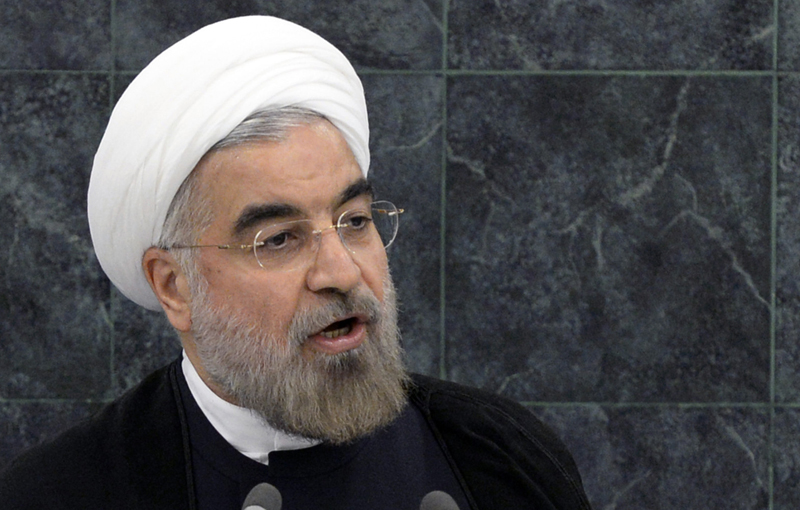
Michael Segall
In mid-October, a further round of talks began between Iran and the West. Unlike in earlier rounds, this time there have been direct negotiations between the United States and Iran, occurring behind the scenes of the talks between Iran and the P5+1 group (the five permanent members of the UN Security Council plus Germany). Although the telephone conversation between Obama and Rouhani, which transpired at the end of the Iranian President’s visit to the UN General Assembly in late September, is still provoking anger in Iran, it has also aroused hopes that “this time” – ten years after the repeatedly failed negotiations began – there is room for success.
That conversation, and the direct US-Iran meeting on the sidelines of the Geneva meeting, marked the apex of the Iranian charm offensive, which appears to have been well prepared even before Rouhani was elected as the Iranian President. Rouhani and his team (primarily Foreign Minister Zarif), who are experienced at negotiating with the West, have returned to centre stage of the negotiations as they exploit – so far with considerable success from their standpoint – the various tools at their disposal in the international media and the social networks (Rouhani and the Foreign Minister have active Facebook and Twitter accounts). Iran is transmitting catchy messages to the Western ear like “win-win diplomacy,” “heroic flexibility,” and other stock phrases of the international discourse, while also making use of leaks to the top newspapers.
High expectations have again been stirred in the West, which is clutching the rope of diplomacy proffered by the “moderate Rouhani”. Following the Geneva meetings, White House Press Secretary Jay Carney said in his daily briefing that Iran brought to the table “a new proposal with a level of seriousness and substance that we had not seen before.”
Rouhani’s Strategy
During his election campaign Rouhani boasted of how, as nuclear negotiator in 2003-2005, he had toyed with the West. In the course of the negotiations Iran agreed to suspend uranium enrichment, which was then at its inception. Meanwhile, though, it advanced other critical components of its nuclear program including the uranium-conversion facility (UCF) at Isfahan.
Rouhani intimated that, if elected, he would continue on that same path. As he put it:
The negotiating team (indeed) agreed to suspend uranium enrichment but was able to complete all the technology needed for the full nuclear fuel cycle… The Iranian establishment is well aware that the nuclear technology was a product of the reformist government [of Khatami]… The citizens of Iran are well aware that the main components of the nuclear technology were completed in 2003-2004. In spring 2005 the uranium conversion facility that supplies the material [ uranium hexafluoride – UF6] that is fed to the centrifuges, the underground plant at Natanz, was almost completed, Arak [the IR-40 heavy water reactor] was completed….All these components (which are essential to the nuclear program) were completed at that time…
As part of his election campaign Rouhani promised that, if elected, he would “protect the nuclear technology like all other technology… the centrifuges will continue to spin as the Iranian nation progresses.”
On another occasion, Rouhani said – while denying opponents’ claims that Iran had suspended its nuclear program completely after acceding to the 2003 Teheran Declaration:
On my watch the centrifuge technology developed, and Iran was able to remove sanctions and avoid tension with the West… We must practice intelligent diplomacy so as to take the nuclear file out of the Security Council’s hands and remove the sanctions… During my tenure Iran succeeded to reach the level of knowledge required to convert yellowcake to UF6, build the heavy-water reactor at Arak, and increase the number of centrifuges for enriching uranium to 3,000… President Bush tried to isolate Iran and instead isolated himself.
Even though subject to harsh sanctions that are damaging its economy and especially its oil exports and industry, Iran is today in a completely different situation from that prevailing during the 2003 negotiations with the West, when it purportedly agreed to suspend its enrichment program. At that time Iran was affected by the American campaign in Iraq and feared that the “War on Terror” would reach its own soil. Even then, as Rouhani points out, while the suspension was in place, Iran was able to utilise diplomacy to advance critical components of its nuclear program. Subsequently, Iran capitalised on the knowledge and technology it had developed during the suspension to make great strides in its enrichment program. It now had a growing quantity of UF6, the feedstock for centrifuge enrichment, from the UCF, which it had completed during the suspension.
Negotiating Out of Weakness?
Today Iran comes to the negotiations with the West in incomparably better geostrategic circumstances than in 2003. Iran is not entering the nuclear negotiations out of weakness, but, rather, from a position of strength. In its view (which some of the Gulf states share), America’s regional status and deterrence power are in continuing decline, the Sunni Arab world is increasingly divided with no unification processes on the horizon, disappointment with the United States is intensifying (especially in light of its irresolution after Syria crossed the “red line” of chemical-weapons use), and Iran’s strategic ally in Syria – Bashar Assad – is surviving mainly thanks to Iran’s military, economic, and propagandistic support.
Moreover, as the Middle East is forged anew by revolutions, counterrevolutions, bloodshed and chaos, Iran has been viewed since its (surprisingly quiet) elections as a country marked by confidence in its ability to maintain domestic stability and also to project power toward its neighbours amid the leadership vacuum – both Arab and American – that has emerged in the region. In this vein Ali Saeedi, Supreme Leader Ali Khamenei’s representative in the Revolutionary Guard Corps, asserted that:
The United States has reached the conclusion that no regional equation is possible without taking into account Iran’s influence in the regional and international arenas… Its influence is what prompts America’s apparent readiness to negotiate with us… This influence of ours stems from our unwavering resolve… The enemy sought to undermine our resilience in an attempt to damage our influence.
Thus Teheran views its changing geostrategic landscape as congenial to its aims. Given its sense of power linked with domestic stability, it comes to the negotiations in a mood of confidence verging on hubris. The results of the presidential elections, along with the public’s high expectations that Rouhani and his government can bring about a rapid economic improvement if the nuclear negotiations with the West succeed and ties with the United States are renewed, give Rouhani great room to manoeuvre and considerable boldness as the talks with the West commence.
Rouhani, a dyed-in-the-wool scion of the revolution, is now receiving great credit from the populace that elected him. Along with the promises he dispensed for a major economic change, the regime has been granting the media somewhat more leeway and hinting – not without protests by the conservatives – that certain easements in the dress code are possible. It also has been freeing political prisoners and human rights activists (despite a record number of executions since Rouhani was elected), relenting a bit in the blocking of websites, and appointing reformist figures from the days of the reformist Presidents Rafsanjani and Khatami to senior posts in Rouhani’s government and bureau.
All this is intended to encourage a sense of a real change of direction in both domestic and foreign policy, certainly compared to the Ahmadinejad period. In actuality, this is the same regime that knows how to adjust to changing circumstances.
Normalising Relations with the US?
In the domestic arena, a formerly taboo subject – normalising relations with the United States, the “Great Satan” – is increasingly out in the open. There are reports of restoring air traffic between the two countries and even setting up an Iran-US Parliamentary Friendship Group.
The reformist media, which now senses some leniency and is testing the limits of what is allowed, offers analyses claiming that renewed ties with America can lead to a lifting of the sanctions and provide a magic wand for improving the economy. In this context, the appropriateness of the often-chanted Iranian slogan “Death to America” has become a hot topic. Since the Obama-Rouhani telephone chat, countless figures from all points of the political spectrum have been addressing this issue and analysing it from every possible angle.
Khamenei’s statement that “some of the events in Rouhani’s visit to New York were inappropriate,” which has been interpreted as criticism of the telephone conversation, and his harsh words about “America’s true nature” generally, have prompted a wave of declarations in favour of continuing to proclaim “Death to America.” Consider, for example, the peroration of Ayatollah Ahmad Khatami, who said in a Friday sermon in Teheran:
We see the United States as a lying government, a trickster that breaks promises. And yet the Americans have forced Iran into negotiations. All this is lies. The lying American President says they do not want to change the Iranian regime, and yet they have tried to do so for 35 years without succeeding. On this, too, the Iranian people’s hatred of America is based. If we want to make a list of the American lies, we will need 70 tons of paper. That is also why the slogan “Death to America” continues to live and resound among the citizens. The United States is the Great Satan, and the Imam [Khomeini], too, said so.
Mohammad Javad Larijani, head of the Human Rights Council in the judiciary and brother of the Majlis Speaker, stated:
The West and the enemies of Iran want to impose liberal-secular democracy and thus divert the Islamic regime from its ideological course. The Islamic Revolution is advancing on the path of freeing itself of infidels and spreading the pure culture of Islam of Muhammad….The telephone conversation between Obama and Rouhani was a mistake, was not an appropriate act, and should not have been carried out because Iran must function without any mistake or error, even the smallest, in its heroic diplomacy. The Iranian call for “Death to America” can hardly be compared with the insults the United States hurls at the Islamic regime…
The great hopes of renewed ties with the United States that the reformist elements are instilling, and the massive response to this camp’s euphoria on the part of the conservative camp, will remain in the wings of the tactical negotiations between Iran and the West and the United States. Rouhani and the nuclear negotiating team will have to pivot carefully between, on the one hand, the high expectations for a rapid economic improvement particularly regarding unemployment and rising prices, and on the other, the Republican Guard and the Leader, who have already criticised the Rouhani-Obama telephone conversation along with Obama’s meeting with Israeli Prime Minister Benjamin Netanyahu, which “showed that ultimately the position of the United States remained as it was, trapped in Israel’s vise.”
Iran Plans to Divide and Rule
During the negotiations Rouhani and his team, who evidently have been efficiently planning the charm offensive since Rouhani was elected, will try as in the past to drive a wedge between Israel and the United States. (A senior ayatollah, Naser Makarem Shirazi, said the “Zionist lobby” was the main obstacle to improving Iran’s relations with America.) They will also try to drive a wedge between the United States and the European states, both those that are and are not taking part in the negotiations.
Meanwhile, even before the negotiations started, Britain and Iran were discussing the renewal of diplomatic ties, and European delegations were arriving in Teheran in hopes of a political breakthrough that will yield economic opportunities. Iran will leverage the economic weight of the companies involved to pressure the governments to show flexibility in the negotiations.
Iran believes it has already managed to change the international atmosphere in its favour. Winds of “diplomacy and compromise” are already blowing in Europe and the United States as the dismantlement of Syria’s chemical weapons begins and the Organisation for the Prohibition of Chemical Weapons wins the Nobel Peace Prize, providing further evidence of diplomacy’s benefits. And the buzz of the Rouhani-Obama chat keeps resonating in the diplomatic airspace, purifying the atmosphere, even though the Supreme Leader himself and the commander of the Revolutionary Guard, Mohammad Ali Jafari, were unhappy with this development.
Jafari called it “a tactical error and a big mistake….If there are to be additional errors the revolutionary forces will take the necessary measures.” As criticism of relations with America keeps mounting in Iran, it is hard to see how the Islamic Republic, which views itself as the only party to have resisted the United States since the revolution and withstood the pressures, could now make a 180-degree turn in its policy.
The telephone conversation, then, emerges as one of Iran’s tactical measures vis-à-vis the international community. Even though it has (perhaps) exacted a price from Rouhani domestically, it continues to serve its purpose: Iran’s renewed legitimacy in the international arena. Iran is busily wrapping this renewed legitimacy in terms like “heroic flexibility”, “historic compromise”, “full transparency”, and a “World Against Violence and Extremism” (WAVE). Iran wants to make the most of its enhanced regional status (including its influence in Iraq, Syria, and Afghanistan), along with its nuclear progress. Iran now controls the nuclear fuel cycle and can, whenever it decides, break out to build a bomb in a few months, while exploiting the irresolution and divisions that prevail in the West.
Iran’s Central Goals
With the renewed negotiations, Iranian officials made clear that Teheran views uranium enrichment on Iranian soil as a red line on which it will not compromise. Foreign Minister Javad Zarif said that, while Iran was willing to allay “reasonable concerns” about its nuclear program, “making use of nuclear technology for peaceful purposes, including enrichment on Iran’s soil, is an inalienable and fundamental right.” Before leaving Teheran for Geneva, Foreign Minister Zarif urged “Western governments not [to] pursue a lose-win strategy because they need to understand the reality that Iran has attained such capabilities in nuclear technology that cannot be eliminated through sanctions and pressure.”
Even if Iran agrees to stop enriching uranium to 20%, which it claims is needed to operate the research reactor in Teheran (TRR) and for purposes of radiological medicine, to remove from its territory about 180 kilograms of 20%-enriched uranium it has already amassed (there may be an additional clandestine quantity), to limit the number of operative centrifuges, and even to enhance the IAEA’s supervision of its nuclear facilities (accepting Comprehensive Safeguards and the Additional Protocol may indicate Iran seriousness) and close the Fordo enrichment site, it still cannot promise to cease development of other, mainly military, weaponising aspects of its nuclear program that are not connected directly to uranium enrichment.
Iran will demand compensation for its readiness to give up some of its nuclear assets (but not its capabilities) that are known to the West. If some of the sanctions are lifted, the rest are likely to dissipate as well.
Developing nuclear weapons, or the ability to produce them within a short time, continues to be a central goal of the Iranian regime (despite Khamenei’s purported fatwa against nuclear weapons, which does not appear in any compilation of the Supreme Leader’s fatwas but is noted by senior Iranian officials at every opportunity). After ten years of talks in various settings, Iran remains determined to maintain and advance its nuclear achievements, perhaps with tactical concessions in return for the easing of sanctions.
Endgame
Iran continues to strive for a regional hegemonic status. It wants to supplant the United States and make the most of its own military power and geostrategic position, along with its oil and gas reserves and the economic opportunities these offer to both the West and the East. Iran was a partner to the chemical-weapons deal that was reached in Syria; the nuclear umbrella Iran aims to provide to its allies is supposed to compensate for the loss. Iran also wields influence in Bahrain, Iraq, and Saudi Arabia, countries where the United States and the West have political, economic and military assets.
Iran anticipates that nuclear weapons will buy it the sort of immunity from attack that North Korea now enjoys. It also seeks long-term stability so that it can promote its revolutionary objectives abroad (particularly in Bahrain but also in other areas with a Shi’ite population) and assume its place in the regional and international power equation as the one who sets the agenda and influences the reshaping of the Middle East in a way that counters and curbs US influence.
In sum, Iran is preparing a further campaign as it draws toward the final stages of its nuclear program. It needs an abatement of pressure so that it can complete the military components while maintaining the regime’s stability and promising relief for the economy. Rouhani, who previously succeeded as negotiator in buying Iran the time required to complete the nuclear fuel cycle, now needs to traverse the last mile to the bomb. As President of Iran, he stands resolute and strong before a divided region and international community.
IDF Lt.-Col. (ret.) Michael (Mickey) Segall, an expert on strategic issues with a focus on Iran, terrorism, and the Middle East, is a senior analyst at the Jerusalem Center for Public Affairs and the Terrogence Company. © Jerusalem Center of Public Affairs, reprinted by permission, all rights reserved.
Tags: International Security

